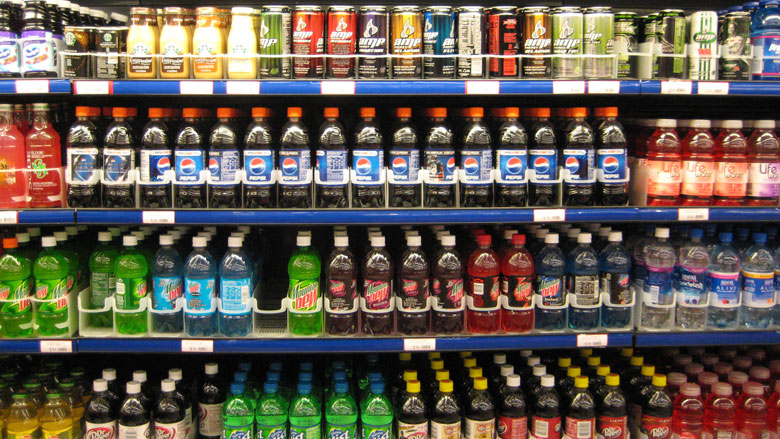Nanny Bloomberg strikes again
By Julie Gunlock | November 16, 2016, 9:51 EST
 (Courtesy of Wikipedia)
(Courtesy of Wikipedia) Former New York City Mayor Mike Bloomberg hasn’t held political office for three years. Yet he’s still pushing people around and increasing Americans’ taxes.
On Election Day, four cities passed new taxes on soda after Bloomberg spent millions pushing for anti-soda ballot initiatives. In Boulder, Colorado, voters said yes to a 2-cent-per-ounce excise tax on distributors of sugary drinks, which includes sodas, sports beverages and sweetened iced tea. In California, the cities of San Francisco, Oakland and Albany each added a 1-cent-per-ounce excise tax on sugar-added drinks, increasing the price of a two-liter bottle of soda by 67 cents.
One thing’s very clear: Bloomberg is still smarting from his soda tax humiliation in New York City in 2012, when the New York Supreme Court overturned his absurdly unconstitutional and just plain silly soda-size restriction. He learned from his mistake there, and turned to ballot initiatives that don’t outright ban people from purchasing soda, but instead just make it harder for them to do so by raising their price.
After funding soda tax ballot initiatives in both Berkley, CA and Philadelphia, PA, Bloomberg pledged to bring soda taxes to a city near you, saying: “I will continue working to ensure that cities and nations pursuing these anti-obesity strategies get the support they need to level the playing field with the soda industry.” He’s kept his promise donating a whopping $18 million to organizations that pushed soda taxes in San Francisco and Oakland. Bloomberg also donated $200,000 to a Boulder-based organization called Healthier Colorado, which spearheaded the soda tax campaign in that city.
Those pushing for these taxes always use the same talking points: soda taxes will reduce soda consumption, which will then reduce obesity. But is it really that easy? Is increasing a two-liter bottle of soda by 67-cents really going to make a dent in America’s obesity rates?
Sadly, the research suggestions the answer is a resounding no. The causes of obesity are complex and soda certainly isn’t the only thing making people fat. The leading medical experts on obesity agree that people gain and maintain a higher weight for several reasons, including genetics, food choices, activity levels, gender, and socio-economic level. As for obese consumers—ostensibly the target of these soda taxes—research suggests most aren’t drinking full-sugar drinks at all, choosing sugar- and calorie-free beverages instead. So who is drinking full-sugar beverages? According an NIH study on soda consumption, teenage boys are the biggest consumers of sugary drinks and sodas, not obese people.
And in fact, these taxes create a whole new set of problems that policy makers ignore. For instance, soda taxes on grocery items like beverages are regressive, meaning they hit lower-income families the hardest. In Mexico, where a one-peso-per-liter tax on sugar-sweetened beverages was implemented in 2014, 63.7% of the revenue raised came from lower-income families. Soda taxes can also lead to job losses as businesses lose customers unwilling to pay the higher price. Again, in Mexico, due to the soda tax, more than 30,000 small mom and pop stores closed, resulting in the loss of 50,000 jobs.
Americans understand we have an obesity problem in this country. This accounts for the popularity of these measures. People want to help and support solutions. But voters need to understand that these taxes have real, quite serious consequences for businesses and consumers and that these taxes will do nothing to help reduce obesity.
Soda taxes today mostly seem like nothing more than a cause celeb for an out-of-touch, bored billionaire. It’s time voters realized this and started saying no to both these expensive initiatives and to Nanny Bloomberg.
Julie Gunlock is Culture of Alarmism Project Director at the Independent Women’s Forum. Read her past columns here.











